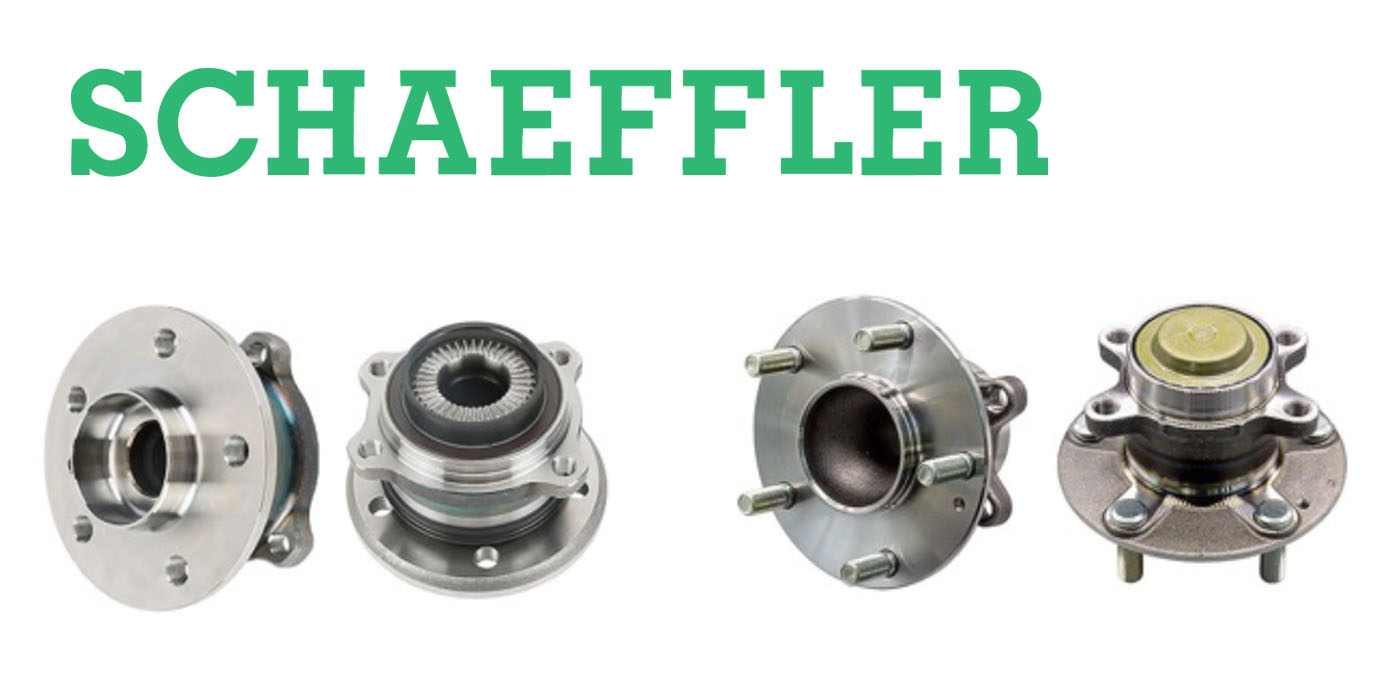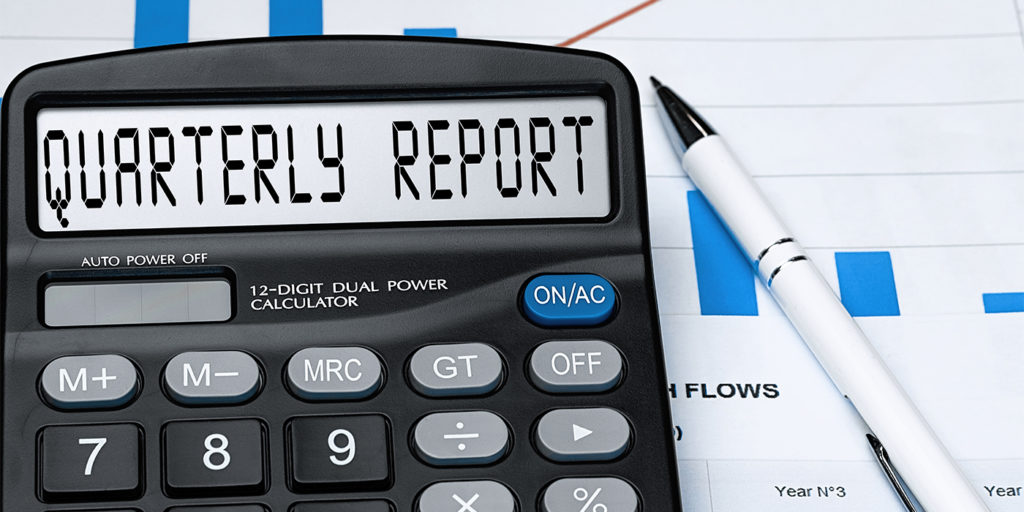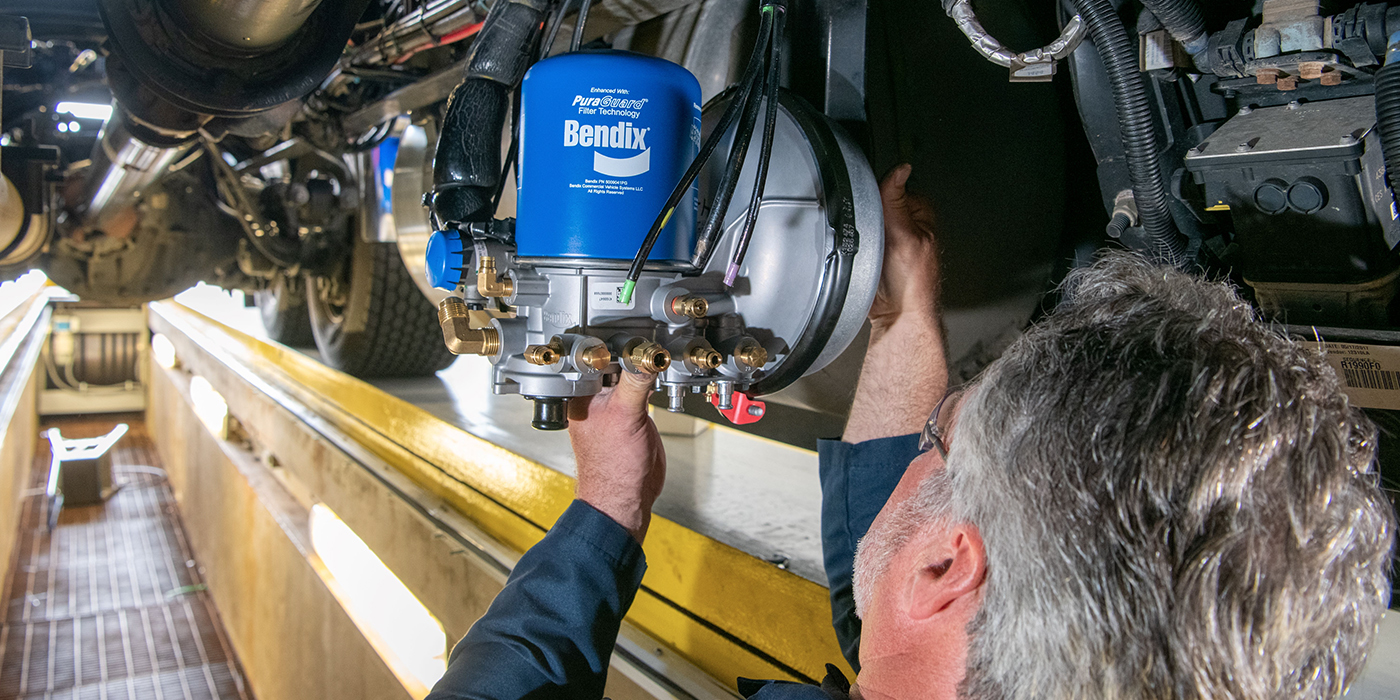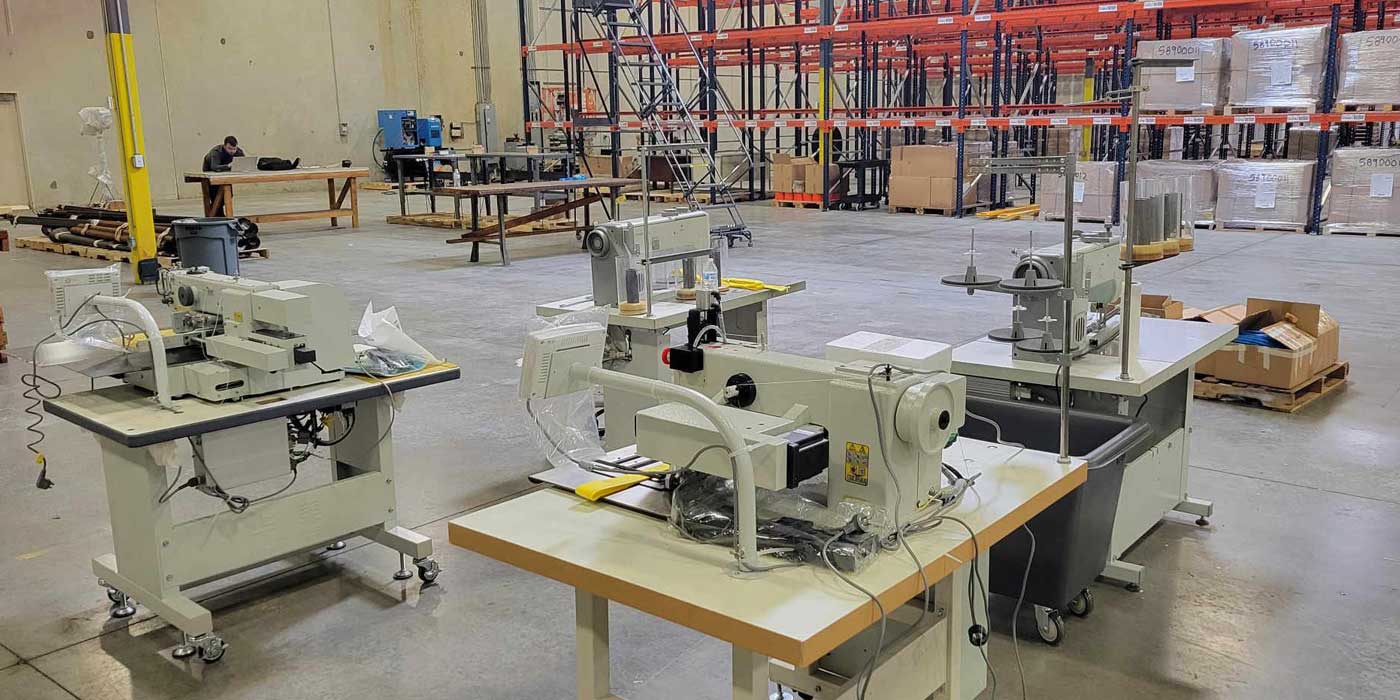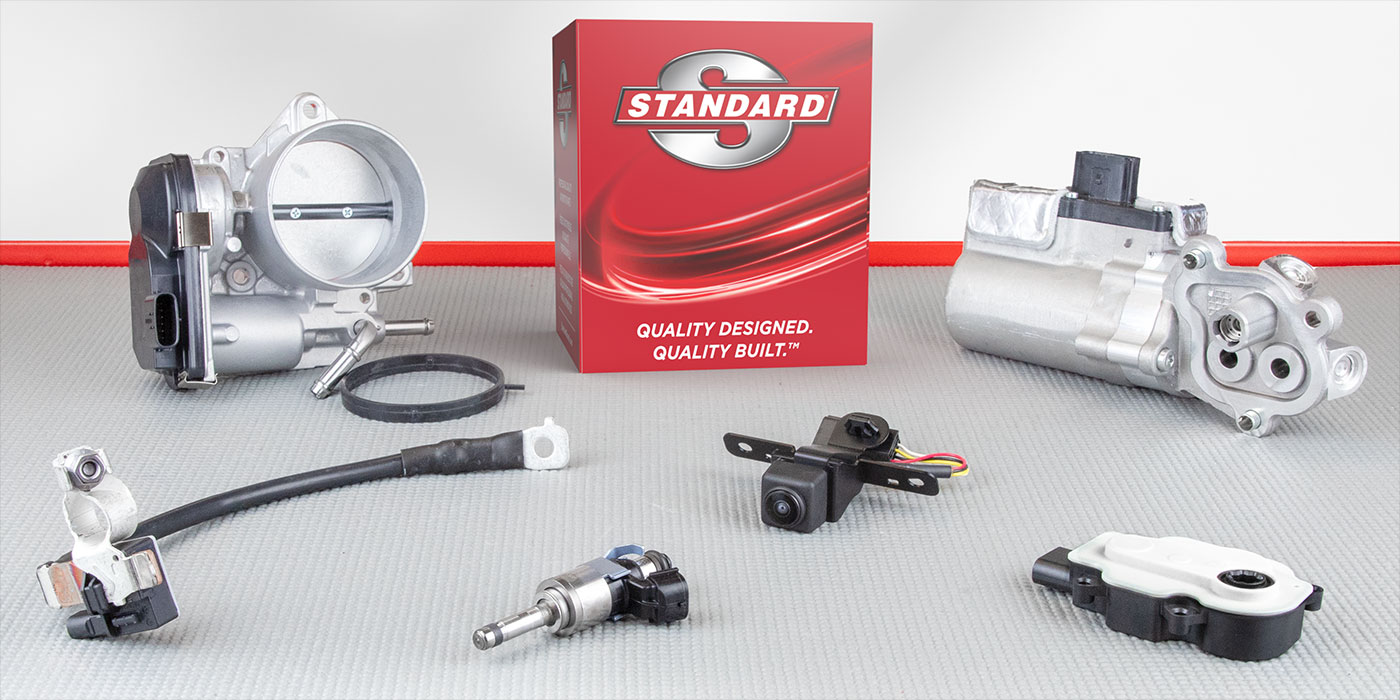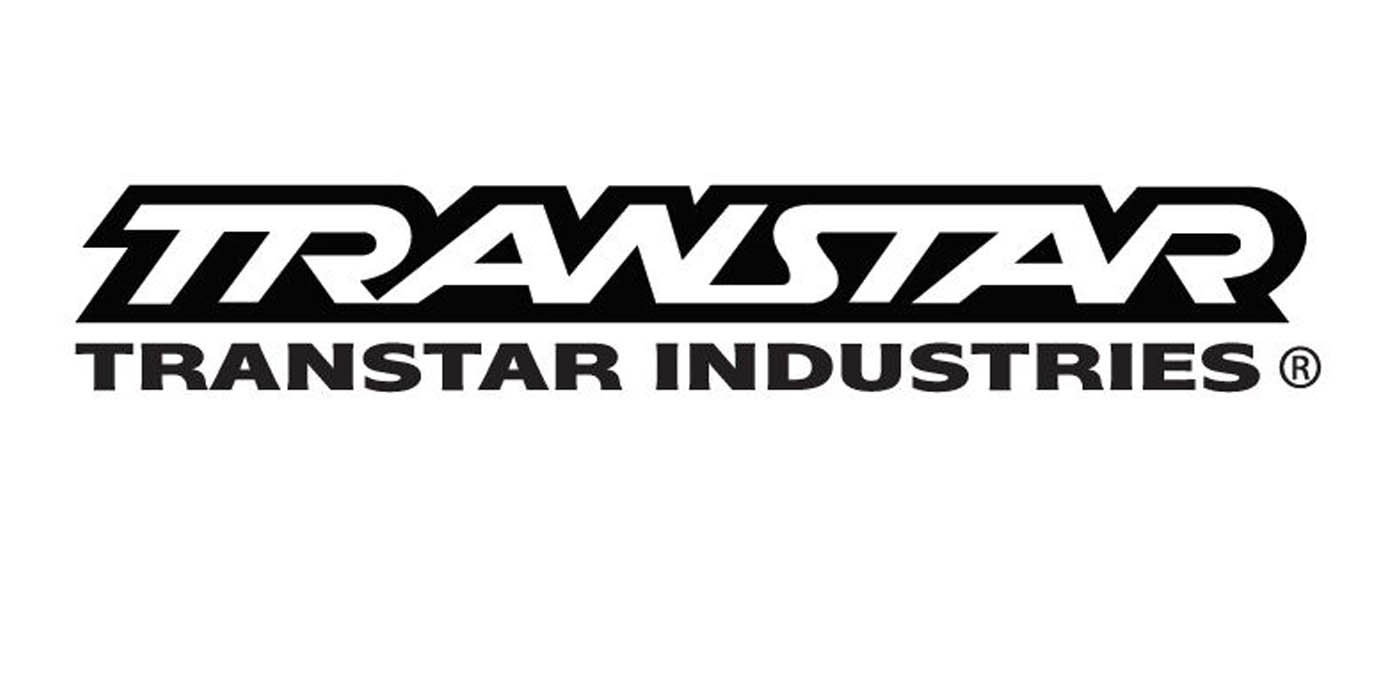The American Petroleum Institute (API) published API Technical Report (TR) 1533, Lubricants Life Cycle Assessment and Carbon Footprinting – Methodology and Best Practice, which it says defines terminology and identifies industry-specific practices for life cycle assessment of lubricants and specialty products. The purpose is to promote harmonization and consistency in the application of Life Cycle Assessment (LCA) and Carbon Footprints of Products (CFP) across the lubricants industry. This publication will help to enhance customer confidence with product benefit claims related to sustainability, according to API.
“As sustainability has become a global focus across all industries, there is a need for the lubricants industry to have a clearly defined, consensus-based document capturing the broadly accepted terminology and methodology for life cycle analysis of lubricant products,” API Senior Program Manager, Engine Oil Licensing & Certification System (EOLCS) Jeffrey Harmening said. “Lubricant customers are increasingly asking lubricant marketers for sustainability metrics; developing guidelines for calculating metrics became a critical area for API to focus on as the industry seeks to reduce and evaluate greenhouse gas emissions.”
API TR 1533 addresses the need for clear and accepted guidelines and terminology which will instill confidence in the reported metrics coming from oil marketers who will be better equipped to substantiate their own data and sustainability reporting, according to API. This lubricant-focused methodology will not only provide guidance for the lubricant producers, but also give their customers additional confidence in the data they receive.
The report will also help to move toward harmonized practices and to reduce individual requirements across global markets. It is available to all free of charge on the API website.
Development of API TR 1533
Life Cycle Assessment (LCA) and Carbon Footprints of Products (CFP) are established methodologies used to quantify the environmental performance of products, processes, or services, and are increasingly being used as a basis for environmental decision-making along the supply chain, API explains. LCA includes multiple impact categories while CFP focuses specifically on the impact category of “climate change,” which is associated with greenhouse gas (GHG) emissions/removals.
General Principles of API TR 1533
API TR 1533 defines the six stages of the lubricant life cycle which provide the industry with specific parameters for evaluation:
· Raw materials
· Production
· Packaging
· Logistics
· In-use
· End-of-life




